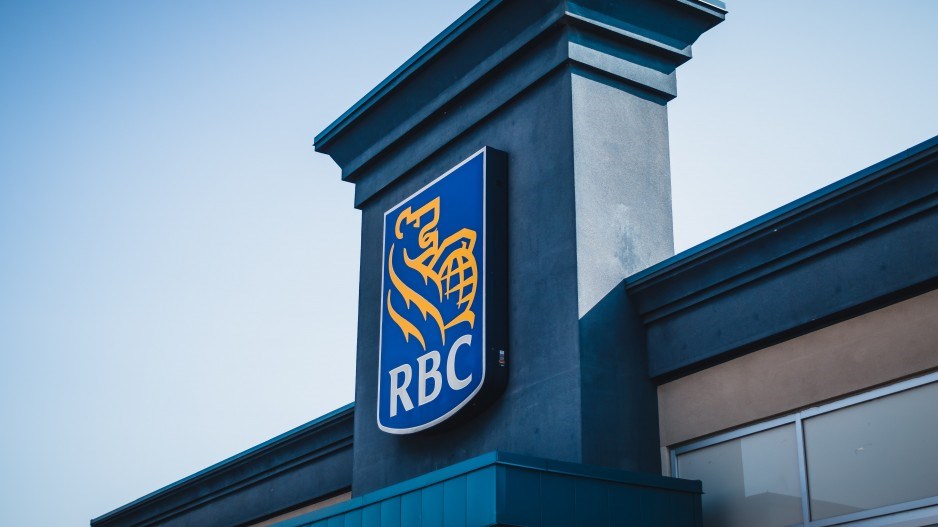Canada's financial regulator is raising the amount of capital the country's major banks need to have on hand to cover potential losses as it says financial system vulnerabilities remain elevated and in some cases have continued to increase.
The Office of the Superintendent of Financial Institutions said Tuesday that the domestic stability buffer will increase by half a percentage point to 3.5 per cent, effective Nov. 1.
It follows a move in December by the regulator to increase the buffer by half a percentage point to three per cent.
The federal regulator said current vulnerabilities facing the banking industry include high household and corporate debt levels, the rising cost of debt and increased global uncertainty around fiscal and monetary policy.
Peter Routledge, the Superintendent of Financial Institutions, said households and companies remain highly indebted, making them more vulnerable to economic shocks.
"At the same time, the Canadian financial sector has shown resiliency through the winter and spring and Canada's banks have shown signs of strength," Routledge said.
"We need to leverage this window of opportunity to take further action to bolster the resilience of our financial system. In other words, OSFI is buying more insurance for financial stability at an opportune time."
Routledge said it is ready to lower the buffer to support the banks if required.
"Should risks materialize, we will not hesitate to take action to support financial system resilience by lowering the (buffer)," he said.
The domestic stability buffer applies to Canada's six largest banks, known as domestic systemically important banks. It is reviewed and set every June and December, but can be changed at other times if needed.
The increase in the buffer will increase the common equity tier one ratio for the big banks to 11.5 per cent from 11 per cent, a threshold that Routledge says the big banks already exceed. The ratio is a key measure of a bank's financial strength, which measures its capital compared with its total risk-weighted assets.
The global banking industry has been under pressure this year with several bank failures in the United States.
U.S. regulators closed First Republic Bank in May and sold the vast majority of its operations to JPMorgan Chase in what was the second-largest bank failure in the country.
The collapse followed the failure of Silicon Valley Bank and Signature Bank earlier in the year.
This report by The Canadian Press was first published June 20, 2023.
The Canadian Press




